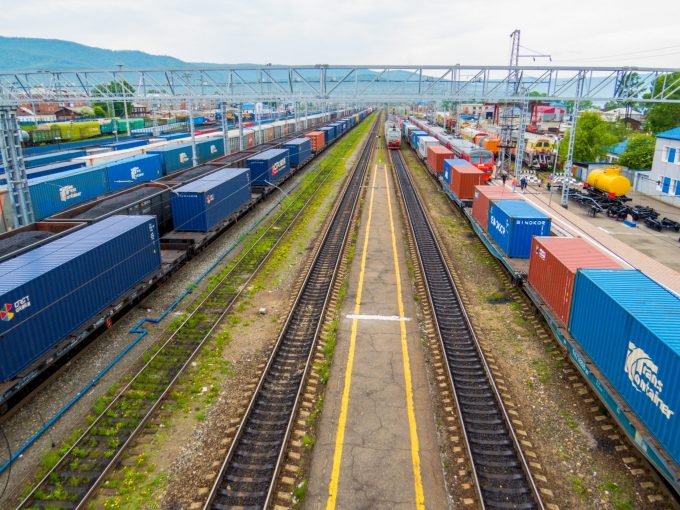RZD losing out as demand for China-Europe rail freight capacity grows
Further opportunities are opening up for shippers seeking rail freight links between China and Europe ...

Russia’s government may be pushing its logistics to the rails to avoid sanctions, but a lack of lubricants has left it some 50,000 train services short on its existing connections.
News broke this week that the Putin government was providing Tehran with ...
Keep our news independent, by supporting The Loadstar
Red Sea crisis has driven most new capacity into extended Asia-Europe trades
Explosions and 'out-of-control' fire reported on Wan Hai box ship
Carrier price hikes hold, driving spot rates higher as space gets scarcer
Crew forced to abandon ship in latest fire on vessel carrying EVs
The Loadstar Podcast | Transport Logistic and Air Cargo Europe 2025
Four crew members still missing as Wan Hai 503 continues to burn
Asia-West Africa ULCV deployment opens new markets for carriers

Comment on this article